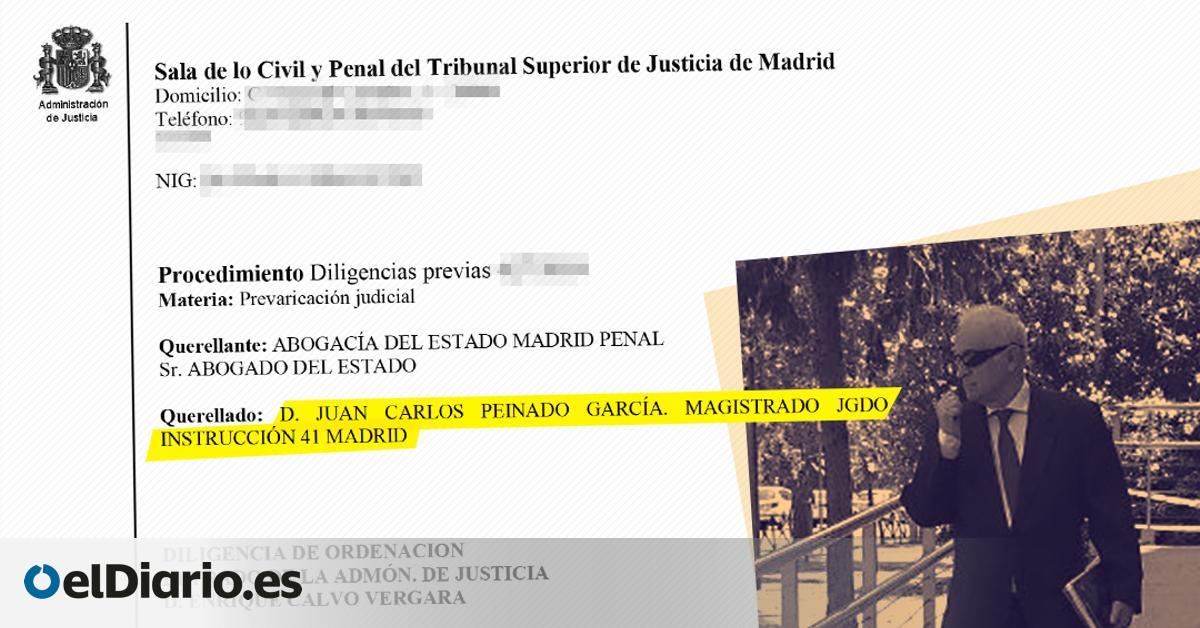
The Public Prosecutor’s Office has asked the High Court of Justice of Madrid (TSJM) to admit the complaint that the State Attorney’s Office, on behalf of Pedro Sánchez, filed against Judge Juan Carlos Peinado for prevarication. The Public Prosecutor’s Office understands that he summoned the President of the Government to testify as a witness without “legally” motivating his suitability and asks that the TSJM open proceedings against him to find out if his decisions in the case in which he is investigating Begoña Gómez respond to “a purpose unrelated to the process.” The document is signed by the senior prosecutor of the Community of Madrid, Almudena Lastra.
Judge Peinado’s insistence on personally attending the Moncloa Palace to take a statement from the head of the Executive and denying him his right to testify in writing led to a complaint against the magistrate. Article 412.2 of the Criminal Procedure Act states that “the most relevant authorities of the State, including the president and members of his government, are exempt from appearing when summoned by the judge, but not from testifying, and may report in writing on the facts of which they are aware by reason of their position.”
However, Peinado decided to summon Sánchez as the “husband” of the investigated Begoña Gómez, to whom the judge attributes an alleged crime of influence peddling for having influenced the awarding of contracts to a former colleague of hers at the Complutense University. The fact that the president is a woman could also have influenced the creation of an extraordinary chair – a training project between the University and external entities – and her appointment as director, according to the latest actions of the judge, who also does not specify this. However, Peinado insisted that he would take Sánchez’s statement as Gómez’s “husband” and not as president, and that is why he denied him the possibility of answering in writing.
In its brief, the Prosecutor’s Office states that the judge “at no time” gave reasons for the “convenience and utility” of his decision. And that between the two modes of appearance provided for in the law, he opted for the one “that exposes the institution that the person called to testify represents the most.” That is, the President of the Government.
She also claims that the judge decided the time of the “visit” to the official office without “prior notice”, as established by law. And that he simply set the day and time of the statement directly in the resolution, in addition to ordering the Police and the IT services of Madrid Digital to go to Moncloa a day before to install the recording devices. “Once again”, says the prosecutor, the type of statement that “gave the greatest diffusion” to that statement was chosen. In this sense, the Public Prosecutor considers that it is not a “simple legal discrepancy” that can be resolved through appeals.
On the other hand, the Prosecutor’s Office claims that the complaint meets the “formal requirements” required by law and defends the legitimacy of the State Attorney’s Office to file this complaint, given that it is the responsibility of the State’s legal services to provide legal assistance, advice, and representation and defense in court of the State and its autonomous bodies.
Source: www.eldiario.es

